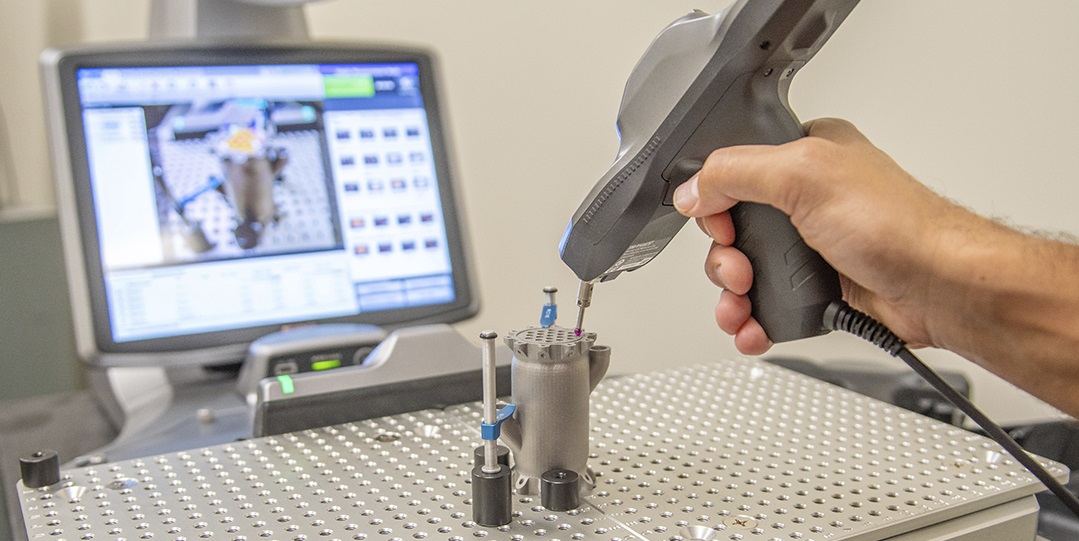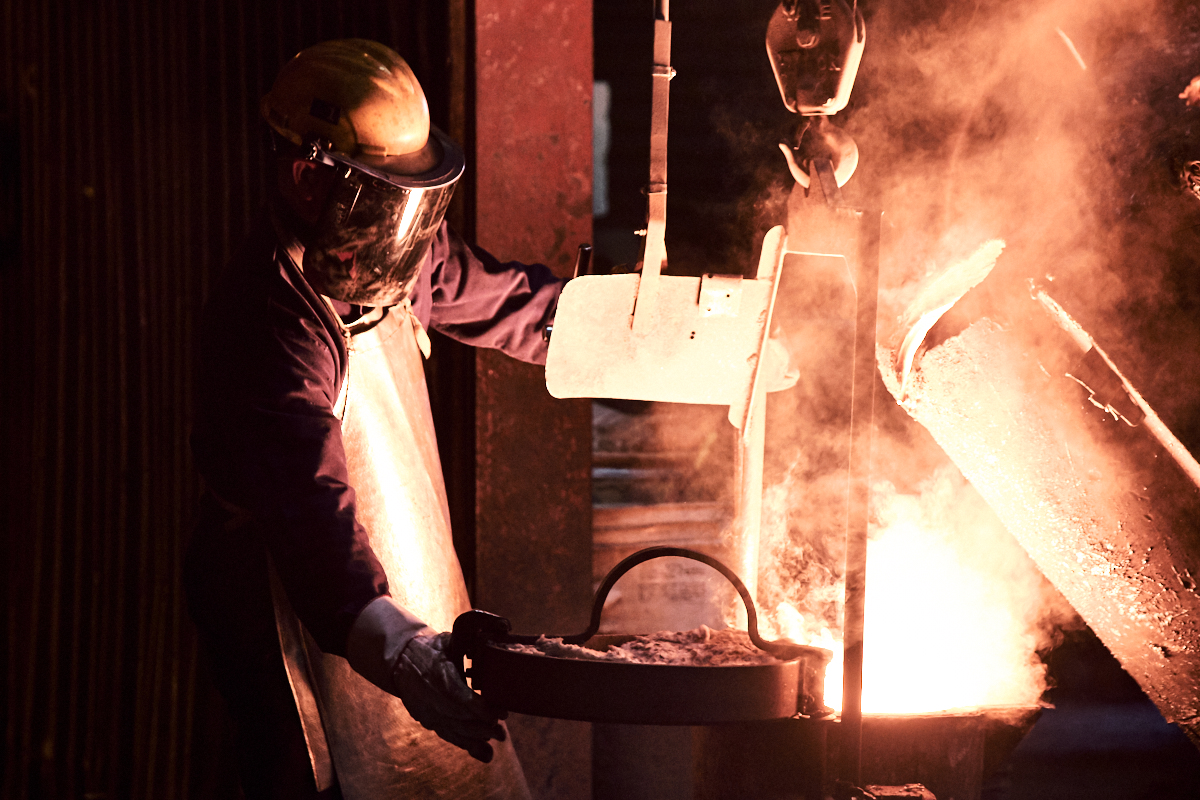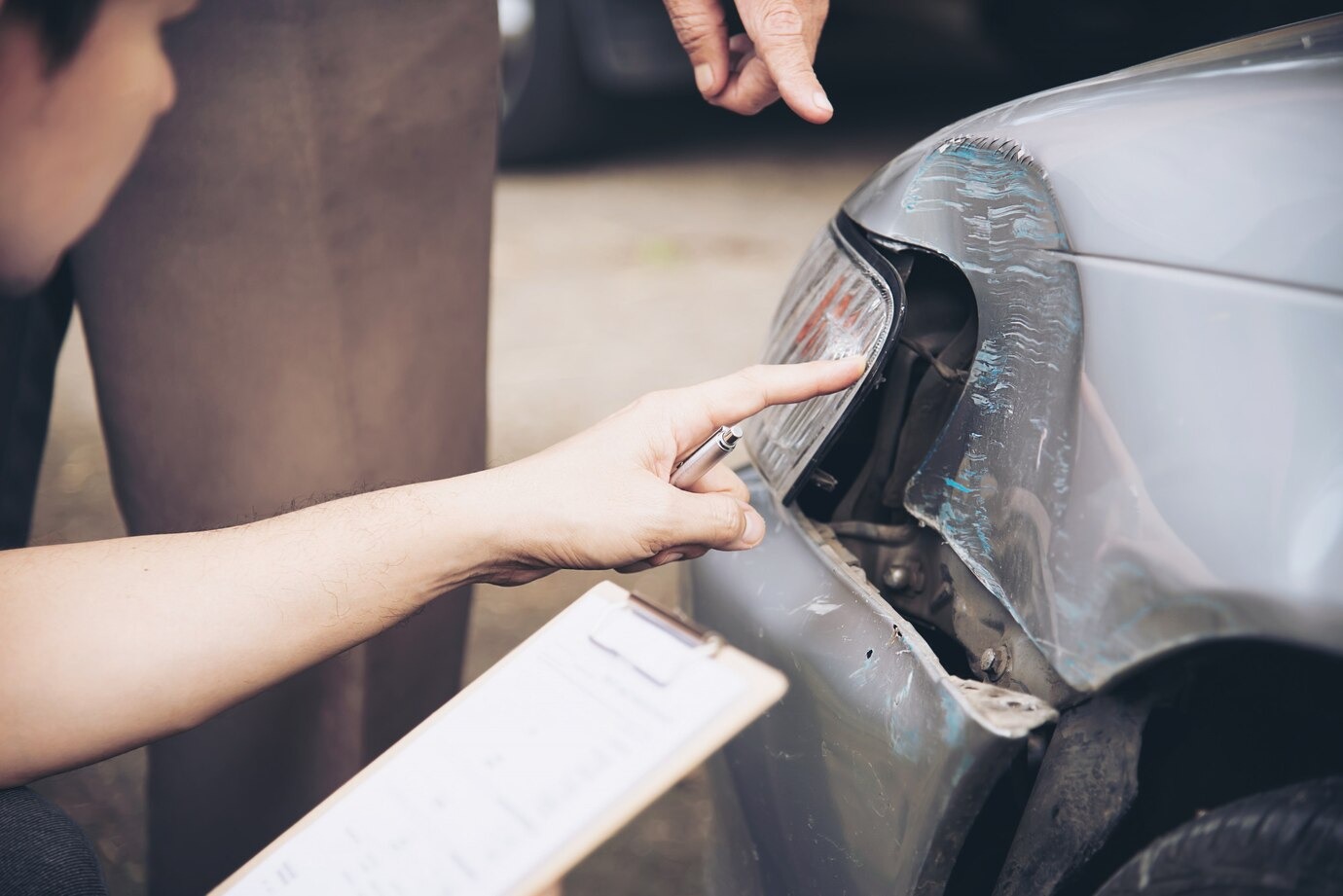The production of cars requires many components and processes to be successful. One such process is steel casting, which is used for the manufacture of car parts. Quality control is essential in this production stage as it ensures that only safe and reliable products are produced.
This article explores the importance of quality control in steel casting so that cars can be manufactured with confidence and assurance. It will provide an overview of how quality control can help to prevent safety issues from occurring during car manufacturing, as well as discuss the methods used to ensure only high-quality materials are being produced. Finally, it will investigate why automobile manufacturers need to have rigorous quality standards when creating their vehicles.
Quality Control Ensures Safe and Reliable Cars
Quality control is essential in steel casting for cars to ensure they are safe and reliable. Every component of a car must be carefully inspected and evaluated to meet the highest standards of quality before production begins. Quality control teams inspect each component at various stages throughout the manufacturing process to ensure that it meets all safety requirements, as well as other performance criteria such as strength, durability, weight, etc.
Steel castings are no exception – proper quality control ensures that these components will function correctly within the vehicle and can withstand the rigors of use over time. The importance of this cannot be understated – cars made from faulty steel castings could cause serious accidents or even death if not caught early on in production. Quality control helps guarantee that only safe and reliable vehicles leave factory floors, giving customers peace of mind knowing their cars have been thoroughly tested for potential issues before purchase.
The Benefits of Steel Casting Quality Control

Quality control in steel casting is a crucial part of the automotive industry. Ensuring that cars are safe and reliable starts with making sure that all of the components and materials used to construct them are up to standard. Steel casting quality control is one of the most important steps in this process, as it ensures that any imperfections or inconsistencies in the material can be identified before being used for production. The benefits of steel casting quality control cannot be understated – not only does it help ensure safety, but it also helps reduce costs and improve overall performance.
By identifying any issues early on, costly reworks or replacement parts can be avoided. Additionally, superior-quality components lead to better handling and more efficient vehicles overall. Furthermore, when done correctly, proper quality assurance procedures could help increase customer satisfaction and brand reputation by ensuring that their products meet exacting standards. In essence, steel casting quality control is essential for producing cars that are safe, reliable, and perform well over time – without compromising on cost or performance standards set by manufacturers. Ultimately this makes sure car owners get value for money while still maintaining high levels of safety throughout their journey!
How Quality Control Prevents Car Issues
Quality control is a critical factor in steel casting for safe and reliable cars. Ensuring that each part of the car adheres to strict standards, prevents potential issues from arising down the line. Quality control starts at the beginning of production when materials are inspected for their composition and manufacturing process. The raw material is then tested through a variety of methods to ensure its quality before being used in any assembly process. This helps to prevent defects or flaws from manifesting further on during production, ultimately leading to higher-quality vehicles on the road.
Quality control also continues throughout the entire lifecycle of a vehicle by regularly inspecting parts before they enter into an assembly line and after they leave it. Doing so ensures that all components meet safety regulations and perform as designed once installed onto vehicles – making sure no drivers ever have to worry about unexpected breakdowns or faulty parts while driving their cars!
Conclusion

Steel Casting is an essential process used in the creation of safe and reliable cars. Quality control plays a vital role in ensuring that all components produced are up to standard, with any flaws fixed before production can continue. This helps to reduce the number of defective parts that could end up on vehicles, greatly reducing the risk of failure or injury due to faulty equipment.
Quality control also ensures efficiency by making sure only high-quality materials are used during the casting processes, thereby reducing waste and increasing productivity. Ultimately, quality control helps make sure that steel castings are safe and reliable for automotive applications and provides drivers with peace of mind when they get behind the wheel.






